Agroecology in Action: Pathways to Resilient Food Systems

Note: This event is a 2020 Borlaug Dialogue Side Event. Learn more here.
For many vulnerable communities across the globe, the challenges posed by COVID-19 are just one more in a long list of food security threats. Decades of environmental degradation and deforestation, drought, pest invasions, and political unrest have long strained already vulnerable food supplies. Tackling these challenges will require our global community to rethink and reshape food systems in transformative ways - ways that recognize food production as inseparable from the ecosystems upon which they depend. In this context, the potential of agroecology to restore and revitalize landscapes and livelihoods provides a promising pathway forward.
Join SCALE for this practical, multi-disciplinary conversation bringing together international practitioners, researchers, and private sector partners to reflect on the role of agroecological approaches in building sustainable, regenerative, and resilient food systems. Examples will draw from the work of humanitarian organizations and researchers in emergency and development contexts, as well as from the entrepreneurs launching innovative and impactful businesses for communities and landscapes.
Agenda
This 90-minute session will include dynamic presentations, a moderated panel discussion, and an open Q&A. Together we will:
- Set the scene: Why agroecology?
- Share how these practices are practically implemented in global food security programs, with examples from the hills of DRC to refugee camps in Northern Uganda and Somalia
- Examine research on the impacts of agroecological approaches on food security, household resilience, and ecosystem health, and reflect on the outstanding evidence gaps
- Discuss how efforts to restore agroecosystems are opening opportunities for innovation and entrepreneurship across Africa, and
- Reflect on the unique hurdles posed to sustaining and scaling up these solutions
This session is designed to serve as a launching pad for new partnerships and action. With this in mind, we will introduce opportunities for attendees to continue working with our panelists in a number of ways - from furthering the research agenda to mentoring entrepreneurs, and sharing learnings, resources, and best practices.
Speakers
Thomas Cole, Resilience Design Consultant, Co-founder of African Women Rising and former Africa Region Food Security and Agriculture Advisor for Save the Children
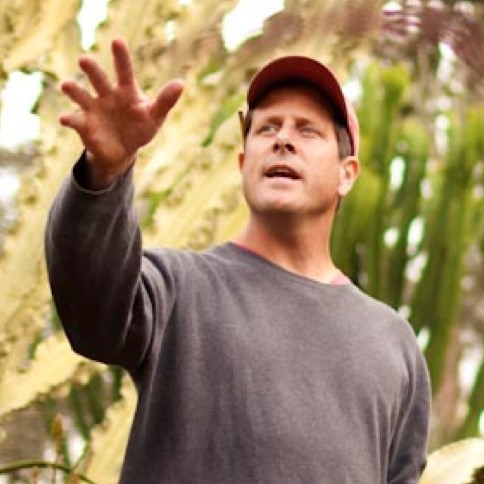 Tom has worked over 25 years in sustainable agriculture with a focus on post-conflict recovery, organic horticulture, agricultural extension, permaculture, natural resource management and food security. His recent experience has included support to internally displaced populations in Ethiopia, Democratic Republic of Congo and South Sudan and in refugee camps in eastern Chad and Northern Uganda, as well as support to USAID's Bureau for Humanitarian Assistance-funded programs in partnership with the SCALE Award.
Tom has worked over 25 years in sustainable agriculture with a focus on post-conflict recovery, organic horticulture, agricultural extension, permaculture, natural resource management and food security. His recent experience has included support to internally displaced populations in Ethiopia, Democratic Republic of Congo and South Sudan and in refugee camps in eastern Chad and Northern Uganda, as well as support to USAID's Bureau for Humanitarian Assistance-funded programs in partnership with the SCALE Award.
Warren Brush, Resilience Design Consultant, Co-Founder Quail Springs Permaculture
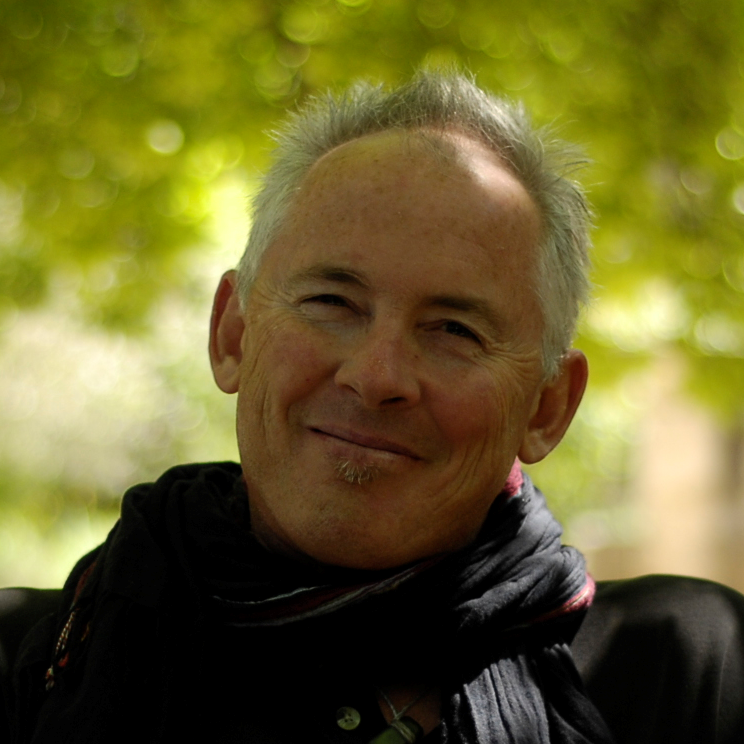 Warren Brush is a global resilience design consultant, educator, lecturer and storyteller. He has worked for over 30 years in agroecological education and regenerative system design for communities, private and public organizations, households, farms, and conservation properties worldwide. He is co-founder of Quail Springs Permaculture, Wilderness Youth Project, Practical Resilience Consulting and is an advising founder of the Permaculture Research Institute of Kenya. He was also a member of the USAID’s TOPS team where he helped to develop the Resilience Design Framework and currently working as a consultant for the USAID USAID's Bureau for Humanitarian Assistance-funded SCALE award.
Warren Brush is a global resilience design consultant, educator, lecturer and storyteller. He has worked for over 30 years in agroecological education and regenerative system design for communities, private and public organizations, households, farms, and conservation properties worldwide. He is co-founder of Quail Springs Permaculture, Wilderness Youth Project, Practical Resilience Consulting and is an advising founder of the Permaculture Research Institute of Kenya. He was also a member of the USAID’s TOPS team where he helped to develop the Resilience Design Framework and currently working as a consultant for the USAID USAID's Bureau for Humanitarian Assistance-funded SCALE award.
Jan Morrow, Acting Agriculture Team Leader and Senior Agriculture and Food Security Advisor, Office of Technical and Program Quality, USAID Bureau for Humanitarian Assistance
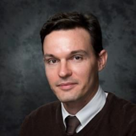 Jan Morrow provides technical support and policy guidance for programming and planning related to agricultural production, mitigation and localized and regional food security. He is a USDA/FAS PASA, and leads a team of nine specialists at the Office of Technical and Program Quality of the Bureau for Humanitarian Assistance covering improving agricultural production, seed system security, irrigation, pests and pesticides, livestock, fisheries and aquaculture, and veterinary pharmaceuticals and other medical commodities. Prior to joining USAID in 2016, Jan worked for over 15 years in both private veterinary practice and the NGO world in agriculture, livestock and veterinary, relief and development contexts.
Jan Morrow provides technical support and policy guidance for programming and planning related to agricultural production, mitigation and localized and regional food security. He is a USDA/FAS PASA, and leads a team of nine specialists at the Office of Technical and Program Quality of the Bureau for Humanitarian Assistance covering improving agricultural production, seed system security, irrigation, pests and pesticides, livestock, fisheries and aquaculture, and veterinary pharmaceuticals and other medical commodities. Prior to joining USAID in 2016, Jan worked for over 15 years in both private veterinary practice and the NGO world in agriculture, livestock and veterinary, relief and development contexts.
Dr. Fergus L. Sinclair, Principal Scientist, World Agroforestry (ICRAF), Kenya
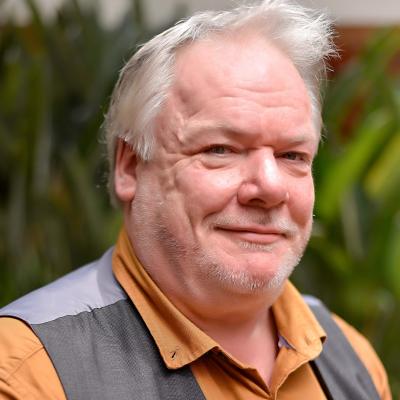 Dr Fergus Sinclair is Leader of Systems Science at World Agroforestry (ICRAF), Nairobi through collaboration with Bangor University, UK. He leads the Livelihood Systems flagship of the CGIAR research program on Forests, Trees and Agroforestry (FTA), is Honorary Professor at CATIE (Centre for Agricultural Research and Higher Education) in Costa Rica and Honorary Editor of Agroforestry Systems. He is project team leader for the UN Committee on World Food Security (CFS), High-Level Panel of Experts (HLPE) report on agroecology and lead author of the background paper on agroecological approaches to realizing climate-resilient agriculture for the Global Commission on Adaptation.
Dr Fergus Sinclair is Leader of Systems Science at World Agroforestry (ICRAF), Nairobi through collaboration with Bangor University, UK. He leads the Livelihood Systems flagship of the CGIAR research program on Forests, Trees and Agroforestry (FTA), is Honorary Professor at CATIE (Centre for Agricultural Research and Higher Education) in Costa Rica and Honorary Editor of Agroforestry Systems. He is project team leader for the UN Committee on World Food Security (CFS), High-Level Panel of Experts (HLPE) report on agroecology and lead author of the background paper on agroecological approaches to realizing climate-resilient agriculture for the Global Commission on Adaptation.
Amanda Gant, Accelerator Manager for the Global Restoration Initiative, World Resources Institute
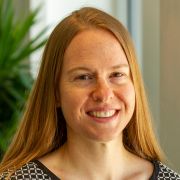 Amanda Gant is an Accelerator Manager for the Global Restoration Initiative, where she works to improve and expand the program's growing Land Accelerator program. Previously, Amanda served as a Small Business Lending Officer to dozens of businesses in DC, and has led startup boot camps and virtual mentorship programs supporting entrepreneurs in Africa, Eastern Europe, the Middle East, and Asia. Amanda holds a master’s degree in International Public Policy and a bachelors degree in Foreign Service, both from Georgetown University.
Amanda Gant is an Accelerator Manager for the Global Restoration Initiative, where she works to improve and expand the program's growing Land Accelerator program. Previously, Amanda served as a Small Business Lending Officer to dozens of businesses in DC, and has led startup boot camps and virtual mentorship programs supporting entrepreneurs in Africa, Eastern Europe, the Middle East, and Asia. Amanda holds a master’s degree in International Public Policy and a bachelors degree in Foreign Service, both from Georgetown University.
Samuel Rigu, Founder, Safi Organics
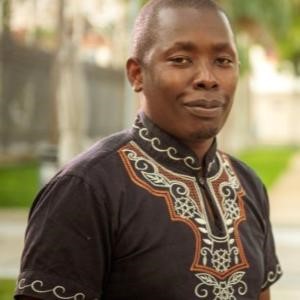 Samuel Rigu is an environmental conscious agribusiness manager, a social entrepreneur and an innovator who studied Agribusiness management from The University of Nairobi Kenya. Samuel grew up in rural Kenya, where he witnessed first-hand the challenges of rural farmers such as his grandmother and neighbors for accessing affordable, high-yield fertilizer, and resolved to solve this problem. Samuel founded Safi Organics in 2015 a company that uses technology to convert farmers’ crop waste to high yielding organic fertilizers.
Samuel Rigu is an environmental conscious agribusiness manager, a social entrepreneur and an innovator who studied Agribusiness management from The University of Nairobi Kenya. Samuel grew up in rural Kenya, where he witnessed first-hand the challenges of rural farmers such as his grandmother and neighbors for accessing affordable, high-yield fertilizer, and resolved to solve this problem. Samuel founded Safi Organics in 2015 a company that uses technology to convert farmers’ crop waste to high yielding organic fertilizers.
Luni Libes, Founder and Managing Director of Fledge Seattle, Fledge; CEO of Africa Eats
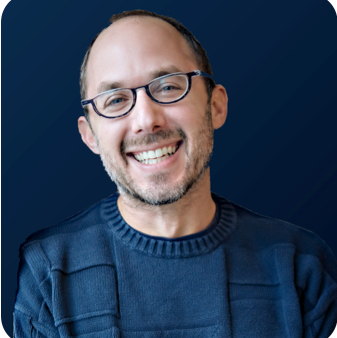 Luni Libes is a 25+ year serial entrepreneur, founder of six startups; Entrepreneur in Residence and instructor at Presidio Graduate School; and Entrepreneur in Residence Emeritus at the University of Washington’s CoMotion, the center for impact and innovation. Luni is the author of The Next Step, a series of book and classes guiding entrepreneurs from idea to reality; plus blogger and incessant answerer of entrepreneurs’ questions on Quora. If the pattern is not obvious, Luni spends most of his waking hours helping entrepreneurs.
Luni Libes is a 25+ year serial entrepreneur, founder of six startups; Entrepreneur in Residence and instructor at Presidio Graduate School; and Entrepreneur in Residence Emeritus at the University of Washington’s CoMotion, the center for impact and innovation. Luni is the author of The Next Step, a series of book and classes guiding entrepreneurs from idea to reality; plus blogger and incessant answerer of entrepreneurs’ questions on Quora. If the pattern is not obvious, Luni spends most of his waking hours helping entrepreneurs.
Kristin Lambert, Agriculture Advisor, SCALE Award
 As an Agriculture Advisor on the SCALE award, Kristin provides technical assistance, capacity strengthening and research support to BHA implementing partners working on resilient agriculture and NRM activities. Previously, Kristin worked for over a decade as a technical advisor, program manager and researcher on a range of development programs throughout sub-Saharan Africa and Asia. She holds a Master’s in Environmental Management from the Yale School of the Environment and a Master’s in Public Policy from the University of Virginia.
As an Agriculture Advisor on the SCALE award, Kristin provides technical assistance, capacity strengthening and research support to BHA implementing partners working on resilient agriculture and NRM activities. Previously, Kristin worked for over a decade as a technical advisor, program manager and researcher on a range of development programs throughout sub-Saharan Africa and Asia. She holds a Master’s in Environmental Management from the Yale School of the Environment and a Master’s in Public Policy from the University of Virginia.
Dr. Andrea Mottram, Mercy Corps Program Director, SCALE Award
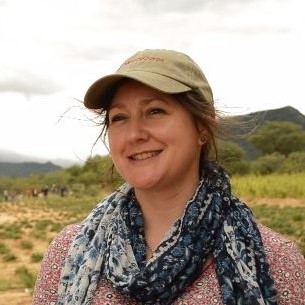 Andrea leads the USAID/BHA-funded SCALE award, which supports knowledge sharing and capacity strengthening for BHA implementing partners working in agriculture, NRM and alternative livelihoods. With 20 years of experience across Africa and Asia, Andrea has designed, managed and advised on numerous research and development programs ranging from smallholder crop production to sustainable resource management. Andrea has a PhD from the University of Wales in Sorghum and Millet Production in Semi-Arid areas, and an MSc in Rural Resource Management.
Andrea leads the USAID/BHA-funded SCALE award, which supports knowledge sharing and capacity strengthening for BHA implementing partners working in agriculture, NRM and alternative livelihoods. With 20 years of experience across Africa and Asia, Andrea has designed, managed and advised on numerous research and development programs ranging from smallholder crop production to sustainable resource management. Andrea has a PhD from the University of Wales in Sorghum and Millet Production in Semi-Arid areas, and an MSc in Rural Resource Management.